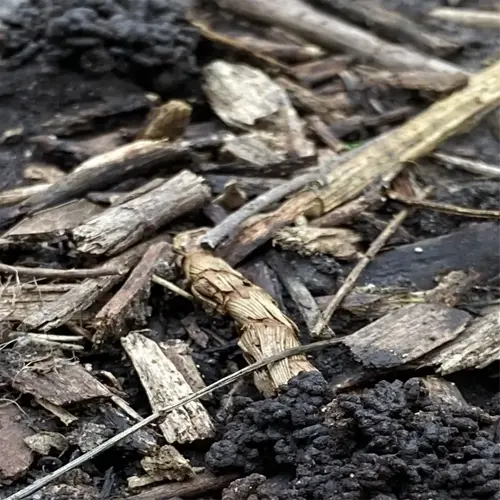What soil-dwelling insects improve garden health?

Written by
Tina Carter
Reviewed by
Prof. Charles Hartman, Ph.D.Insects burrowing in soil are crucial for maintaining the health of your garden, and their importance became evident to me when my compacted clay transformed into rich, fertile soil crawling with life. These beneficial underground partners aerate soil, facilitate nutrient cycling, and naturally suppress pests. Healthy insects mean stronger roots and bigger yields when you cultivate and build the diversity of these biological workers.
Earthworms
- Create vertical tunnels improving soil aeration
- Produce nutrient-rich castings as natural fertilizer
- Break down organic matter rapidly
- Improve water retention in all soil types
Ground Beetles
- Larvae consume root maggots and cutworms
- Adults hunt slugs and snails nightly
- Provide continuous pest control
- Prefer moist soil with stone shelters
Beneficial Nematodes
- Target soil-dwelling grubs and weevils
- Enter pests and release bacteria
- Work effectively above 55°F
- Apply through irrigation systems
Isopods and springtails can be seen in the cleanup crew in a healthy garden. These decomposers feed on decaying matter and break it down, releasing nutrients in the process. I watch them thrive in mulch layers. Your compost is breaking down rapidly when you see these insects colonizing it. At the end of the process, you have transformed waste into black gold for your plants!
Invitation to soil insects occurs with the introduction of organic material. Add 3 inches of compost each year and keep it moist. I use leaf mulch to encourage these good bugs to make their homes. Garden soil develops a great structure when left undisturbed, and chemical fertilizers are avoided, which can harm these beneficial organisms.
Evaluate the amount of insect populations in soil by digging down to a cubic foot of soil, especially near plants. An indicator of healthy soil is the presence of ten beneficial creatures, such as earthworms, per square foot of soil. I have learned to increase my amount by adding coffee grounds every week as a way to support the worms. When you support these beneficial underground allies year-round, your garden benefits from natural tillage and fertilization.
Read the full article: Beneficial Insects Garden Natural Pest Control

